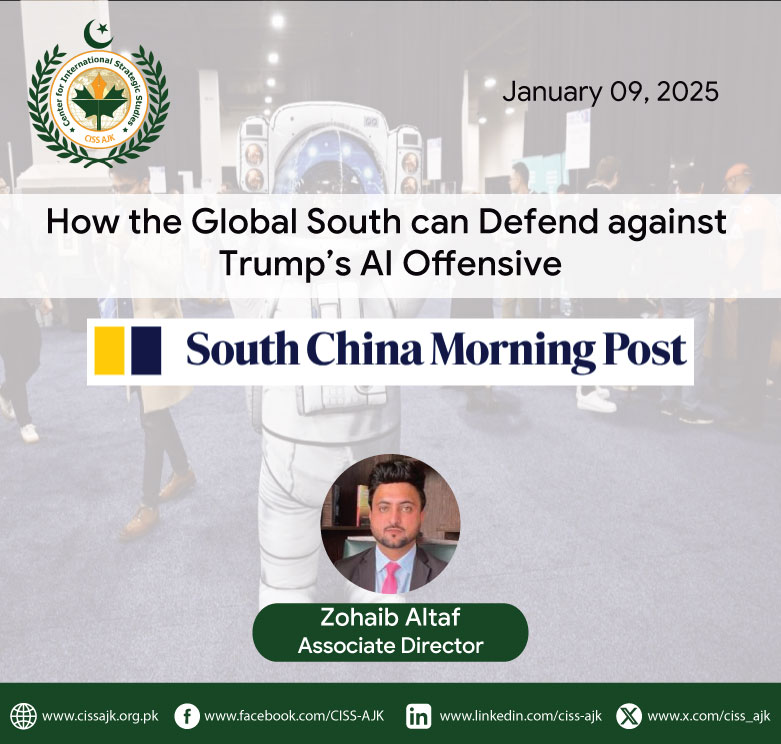411
US removal of AI safeguards risks widening the global divide. Global South must invest in AI regional partnerships, education and infrastructure
Incoming US President Donald Trump has vowed to repeal Joe Biden’s executive order on artificial intelligence (AI), designed to balance innovation with safeguards for civil rights, privacy and ethical AI use. Trump’s promise to revoke it signals a shift towards deregulation even as it prioritises national security and economic competition.
US policies to solidify its AI dominance will inevitably ripple across the Global South, which has historically struggled to access the benefits of advanced technologies. Understanding Trump’s new tech approach is critical, as the consequences could shape development trajectories for Global South nations for decades.
AI is projected to add US$15.7 trillion to the global economy by 2030, with North America, China and Europe capturing about 84 per cent of this growth – leaving the Global South to share 16 per cent, despite being home to most of the world’s population. This stark disparity underscores the risks of leaving developing nations behind as AI becomes central to progress.



